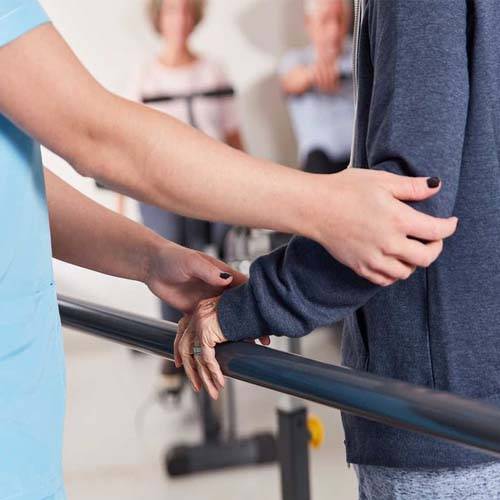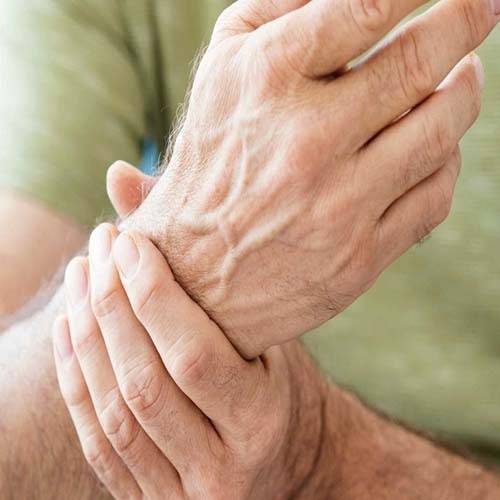
Did you know that our shoulders are the most active parts of the body?
It is true!
Our shoulder is said to be a mobile joint that is frequently used for various activities. Be it writing or cycling, Our shoulders are always actively involved in almost all the activities, therefore it makes them more susceptible to injury or even Shoulder Dislocation.
Our shoulders are made up of bones, joints, ligaments, and other soft tissues, just like the rest of our body. Out of them, our shoulders are stabilized by bones and ligaments.
Shoulder dislocations can occur for a number of causes, including ligament elasticity, muscle imbalance, poor posture, and trauma
Consider a lemon neatly and precisely placed on a rounded spoon as an example. The lemon has a risk of falling off easily unless the equilibrium is maintained or if we use an outside force to hold them both together because gravity holds both of these objects together.
A joint like a spoon and a lemon holds the upper arm bone, or humerus, to the shoulder. The joint between our arm and the shoulder is formed by the ball or head of the humerus fitting into the groove of the scapula, also known as the shoulder blade bone.
Before we rush into the repercussions of a Shoulder Dislocation, let us briefly discuss our shoulder itself.
What is Shoulder Dislocation?
The symptoms of shoulder dislocation are pain, swelling, physical deformity, and difficulty in arm and shoulder movement.
In the case of ligament laxity, imbalance, poor posture and trauma, shoulders are susceptible to getting dislocated. Still, even so, the cases of shoulder dislocation are few, and it is a rare form of dislocation.
Even though the dislocation recovers on its own, there are treatments to help the individual get through the recovery process and pace up the recovery duration.

 Physiotherapy Treatment for Shoulder Dislocation
Physiotherapy Treatment for Shoulder Dislocation
A dislocation in the shoulder can make it extremely difficult for free movement of the arm and the shoulder, even after recovery. Shoulder Dislocation can be treated by Physiotherapy
We at Theracure help you attain mobile shoulder and arm movement through physiotherapy after shoulder dislocation surgery. We devise a set of exercises to improve the joint's range of motion and mobility, strengthen and restore muscle balance, and prevent atrophy. Also, to improve your posture, which will improve the Bony and muscle alignment in that area and help with pain management.
With our expertise, you can return to your normal routine as quickly as possible.









